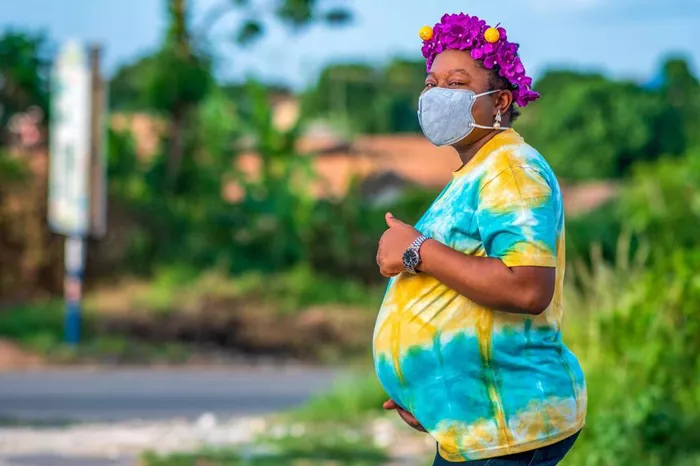Around 3,000 pregnant women in Karenni State are facing serious challenges in accessing essential healthcare for childbirth and postnatal care, according to a report published on 25 November by the Women and Children’s Affairs Department of the Karenni State Interim Executive Council (IEC).
The report, which draws on data gathered on 1 October, reveals that 740 of these pregnant women are living in internally displaced persons (IDP) camps within the state. This is part of the estimated total of 3,000 pregnant women scattered across Karenni State, all of whom are struggling to access the care they need.
The ongoing conflict in the region has created multiple barriers to healthcare for these women. These challenges include poor nutrition, limited healthcare services, and difficulties in transportation and security, making it harder for women to reach medical facilities.
Maw Phray Myar, the chairperson of the Karenni National Women’s Organization (KNWO), explained that these obstacles have led to tragic outcomes in some cases, including the deaths of both mothers and their newborns.
The report also highlights gaps in awareness about key health issues, such as vaccinations, contraception, and general reproductive health, which have further compounded the situation.
“Some babies are born with jaundice, but it often goes unnoticed until serious complications arise due to delayed treatment,” Maw Phray Myar said.
Additionally, the lack of access to contraceptives has led to an increase in unplanned pregnancies, domestic conflicts, and cases of gender-based violence.
While some healthcare services are being provided by revolutionary forces and the IEC Health Department, the report acknowledges that these efforts are insufficient to meet the needs of pregnant women in the region.
The IEC report also reveals that there are approximately 20,000 displaced women in Karenni State. Many of these women face reproductive health challenges linked to early marriage, inadequate hygiene products, and limited financial resources.
The report stresses the urgent need to address these issues by improving access to hygiene products and raising awareness about reproductive health, especially for adolescent girls and women of reproductive age.
To tackle these pressing concerns, the Women and Children’s Affairs Department plans to introduce programs that will provide nutritional supplements and healthcare services to pregnant and breastfeeding women. The department is also calling for greater collaboration from relevant stakeholders to ensure that these women receive the support they urgently need.
Related Topics:


